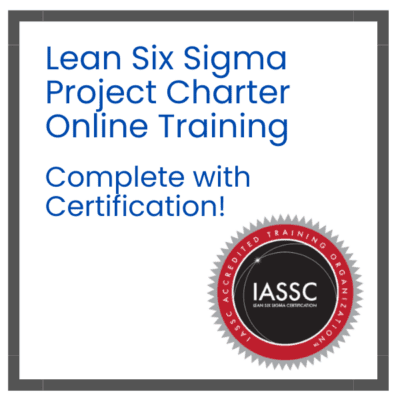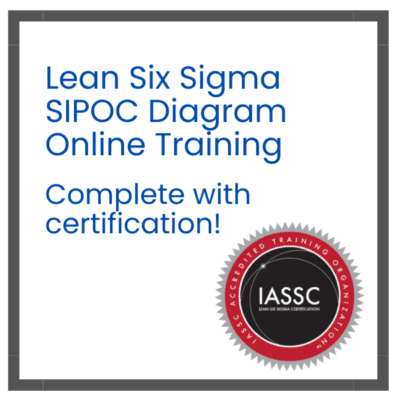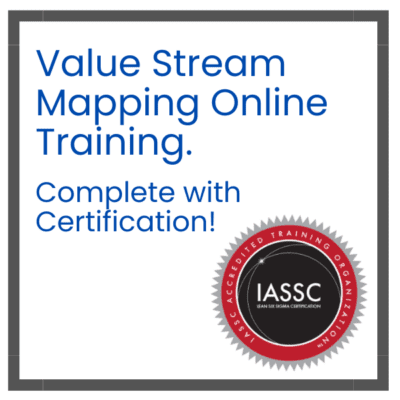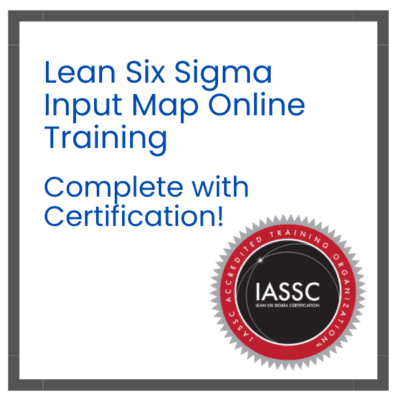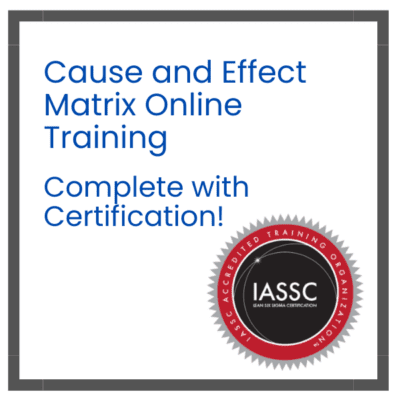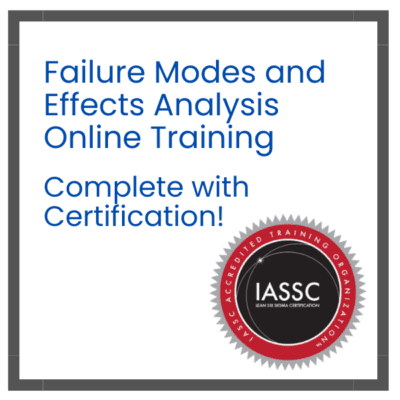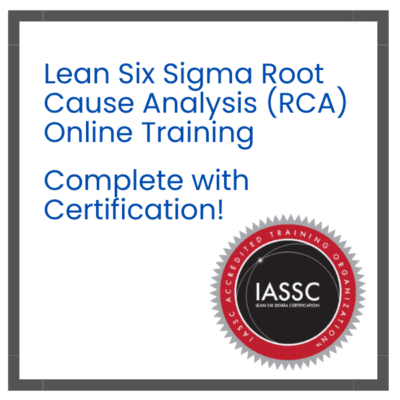Dr. Armand V. Feigenbaum
Dr. Armand Feigenbaum was the founder of the concept of “Total Quality Control”. He founded General Systems Company in 1968. In 2008, President Bush presented Dr. Feigenbaum with the National Medal of Technology and Innovation at a White House ceremony in the East Wing. The National Medal of Technology and Innovation is America’s highest award for technological achievements.
From 1937-1968 Dr. Feigenbaum rose from a pre-college entry-level job to become the Company-wide Director of Manufacturing Operations and Quality Control for the General Electric Company in New York City (1958-68).
He created the concept of “Total Quality Control” while simultaneously working at GE. In 1946, he published the first article introducing the concept. While a doctoral candidate at MIT in 1951, Dr. Feigenbaum published the first edition of his book Total Quality Control. He developed the Total Quality Management (TQM) approach to quality, profitability, and management strategy. This has had a profound influence on the management strategy and productivity of the United States, Europe Asia, Latin America, and the Middle East. He wrote: “Total Quality Control is an effective way to integrate the efforts of various groups within an organization in order to achieve production and services at the lowest possible cost while ensuring full customer satisfaction.”
Armand Feigenbaum’s concept of “hidden plants” is well-known. In every factory, a certain percentage of the capacity is wasted because it is not done correctly on the first try. Dr. Feigenbaum cited a figure as high as 40% of a plant’s capacity is wasted. This was a shocking figure at the time. Even today, some managers have yet to realize that it is not far from reality.
To achieve a total focus on the customer (internal as well as external), you need to understand all of the elements that make up total quality.
- The customer’s perception is what defines quality, not the company’s.
- The quality and the cost of a product are not different.
- Individual and team commitment is required to achieve quality.
- Innovation and quality are mutually beneficial and interrelated.
- Managing Quality is a matter of managing your business.
- Quality is an important principle.
- Quality is a process that never ends.
- Investment in Quality that is cost-effective and demonstrably beneficial can increase productivity.
- Integrate suppliers and customers into the Quality System.











